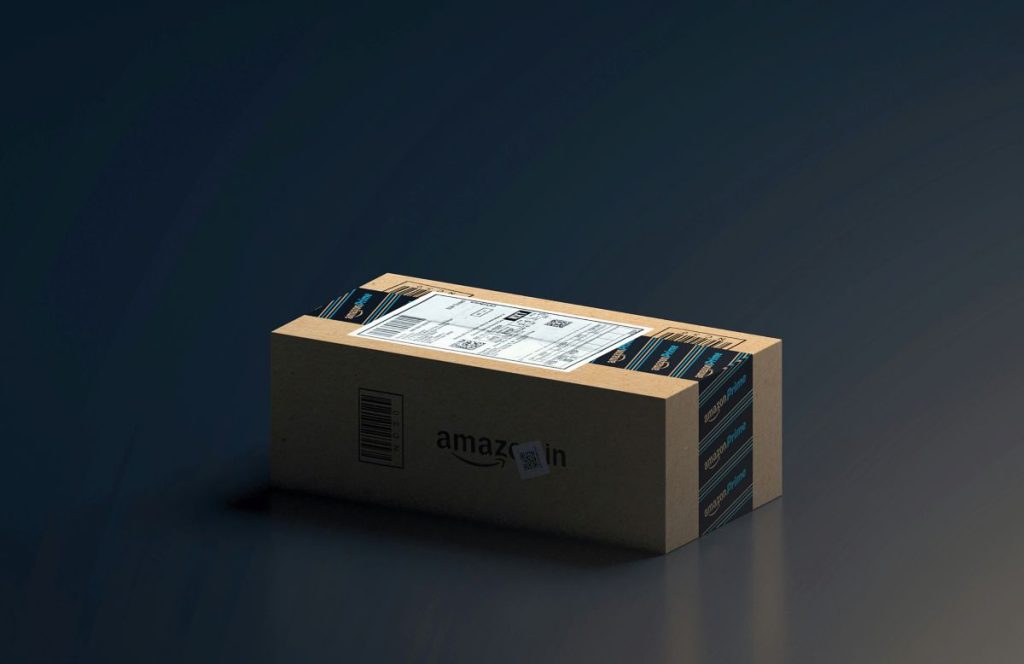AI-driven predictive planning is transforming supply chain management, offering companies a critical edge in managing disruptions.
The Rise of Predictive Supply Chains
Global supply chains face mounting challenges, from geopolitical tensions and extreme weather to labor shortages and unpredictable demand. Traditional supply chain planning, often reactive and based on historical data, is proving inadequate. AI offers a powerful alternative by enabling predictive planning that anticipates disruptions and mitigates risks before they escalate.
Amazon has emerged as a leader in AI-powered supply chain management. Through AI integration in demand forecasting, inventory optimization, and logistics, the company has achieved significant operational advantages. Its approach demonstrates how AI can be applied to enhance efficiency and resilience across the supply chain.
Why Traditional Supply Chain Models Fall Short
Conventional supply chain planning depends heavily on retrospective data and static models. Companies often adjust forecasts using historical trends and seasonal variations. However, when unforeseen disruptions occur—such as factory shutdowns or port delays—these models offer little flexibility. Reactive responses lead to costly delays, stockouts, or surplus inventory.
A recent McKinsey study found that companies relying solely on traditional supply chain methods can lose up to 10% of their annual revenue due to inefficiencies. Without predictive capabilities, businesses are left making high-stakes decisions without a clear understanding of future risks.
Amazon’s AI Supply Chain in Action
Amazon’s AI systems analyze vast datasets in real-time, incorporating factors like sales trends, weather patterns, social media sentiment, and economic indicators. This predictive intelligence allows the company to anticipate demand fluctuations, optimize inventory across warehouses, and proactively adjust logistics operations.
During the COVID-19 pandemic, Amazon’s AI models enabled swift adjustments to supply chain disruptions. By reallocating inventory and rerouting shipments, the company maintained service levels while competitors struggled. Dynamic route planning and AI-powered logistics reduced transit times and costs.
AI’s impact extends to supplier management as well. Predictive tools monitor supplier performance, flagging potential risks and suggesting alternative sources before disruptions materialize. This proactive approach reduces downtime and enhances resilience.
Unlocking Competitive Advantage with AI-Driven Supply Chains
Early adopters of AI-enabled supply chain management have reported significant operational gains. According to a McKinsey report, companies using AI have reduced logistics costs by 15%, improved inventory levels by 35%, and enhanced service levels by 65%. These figures illustrate the transformative impact of AI on supply chain operations.
AI-powered supply chains offer numerous operational benefits. Predictive demand forecasting minimizes excess inventory while reducing stockouts. AI-driven logistics optimization enables faster, cost-effective deliveries by dynamically adjusting routes and load balancing. Procurement is streamlined with AI systems analyzing market data to negotiate better contracts.
AI also strengthens risk management. By monitoring geopolitical developments, weather patterns, and supplier stability, AI provides early warnings for potential disruptions. Companies can act quickly to mitigate risks, securing alternative supply routes and adjusting production plans.
Building AI-Enabled Supply Chains: Where to Start and What to Prioritize
Transitioning to AI-driven supply chain management requires a robust data infrastructure. Standardized, high-quality data from across supply chain functions is essential for AI models to deliver accurate predictions. Companies should prioritize high-impact use cases—such as demand forecasting or supplier risk management—before scaling AI adoption.
Investing in talent with expertise in data analytics, machine learning, and supply chain management is also critical. Cross-functional collaboration between data scientists and operations leaders ensures AI solutions are aligned with real-world challenges.
The Future of Supply Chain Management: Lessons from Amazon’s AI Playbook
Amazon’s success with AI-driven supply chain management serves as a model for other organizations seeking resilience and operational efficiency. As AI technology continues to evolve, companies that embrace predictive planning will gain a significant competitive advantage.
The shift from reactive to predictive management is no longer a choice—it’s an operational necessity. Companies that adopt AI will benefit not only from improved resilience but also from enhanced decision-making. Predictive analytics can offer early warnings on supplier instability, logistical challenges, or fluctuating demand, allowing organizations to act swiftly.
Beyond managing disruptions, AI unlocks opportunities for optimization. Advanced algorithms enable continuous improvements by identifying inefficiencies in production schedules, inventory management, and transportation routes. Companies that leverage these insights can reduce operational costs while enhancing service levels.
AI also plays a vital role in workforce productivity. Automating routine tasks frees employees to focus on strategic decisions, while predictive tools provide actionable insights that empower frontline workers. As AI systems grow more sophisticated, companies that cultivate an agile, data-driven culture will outperform competitors.





